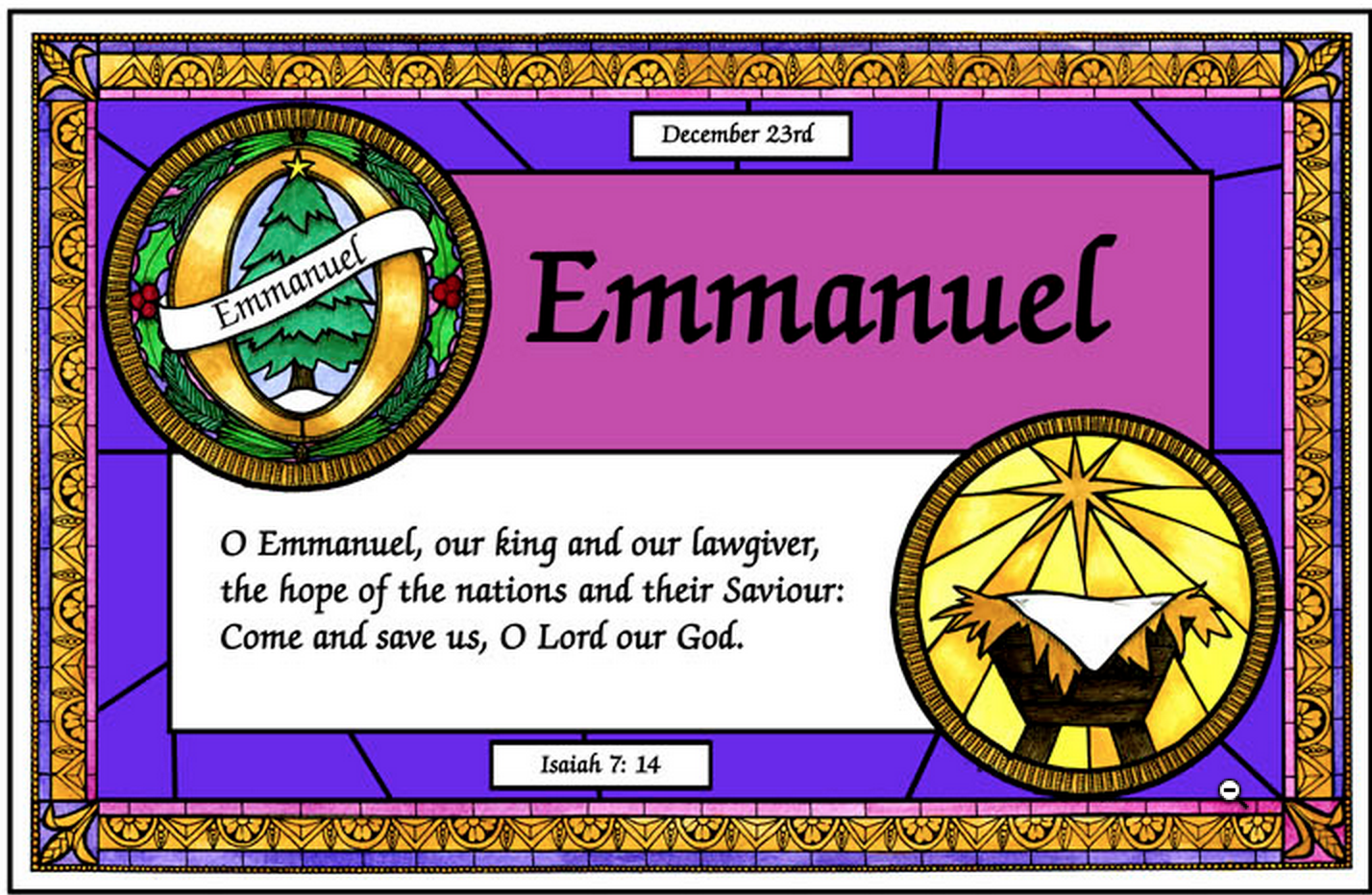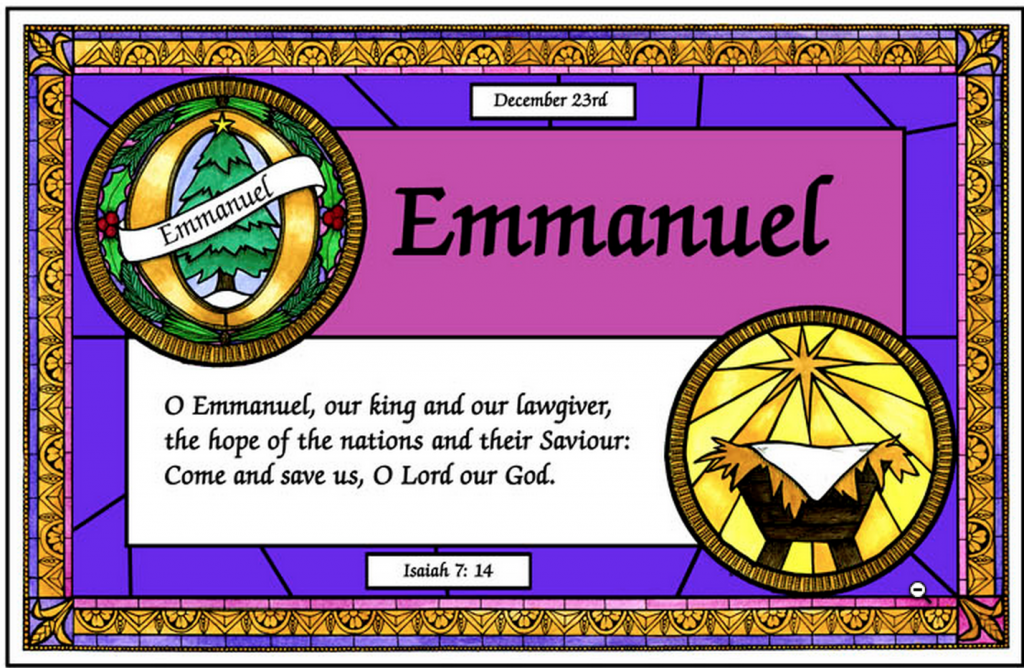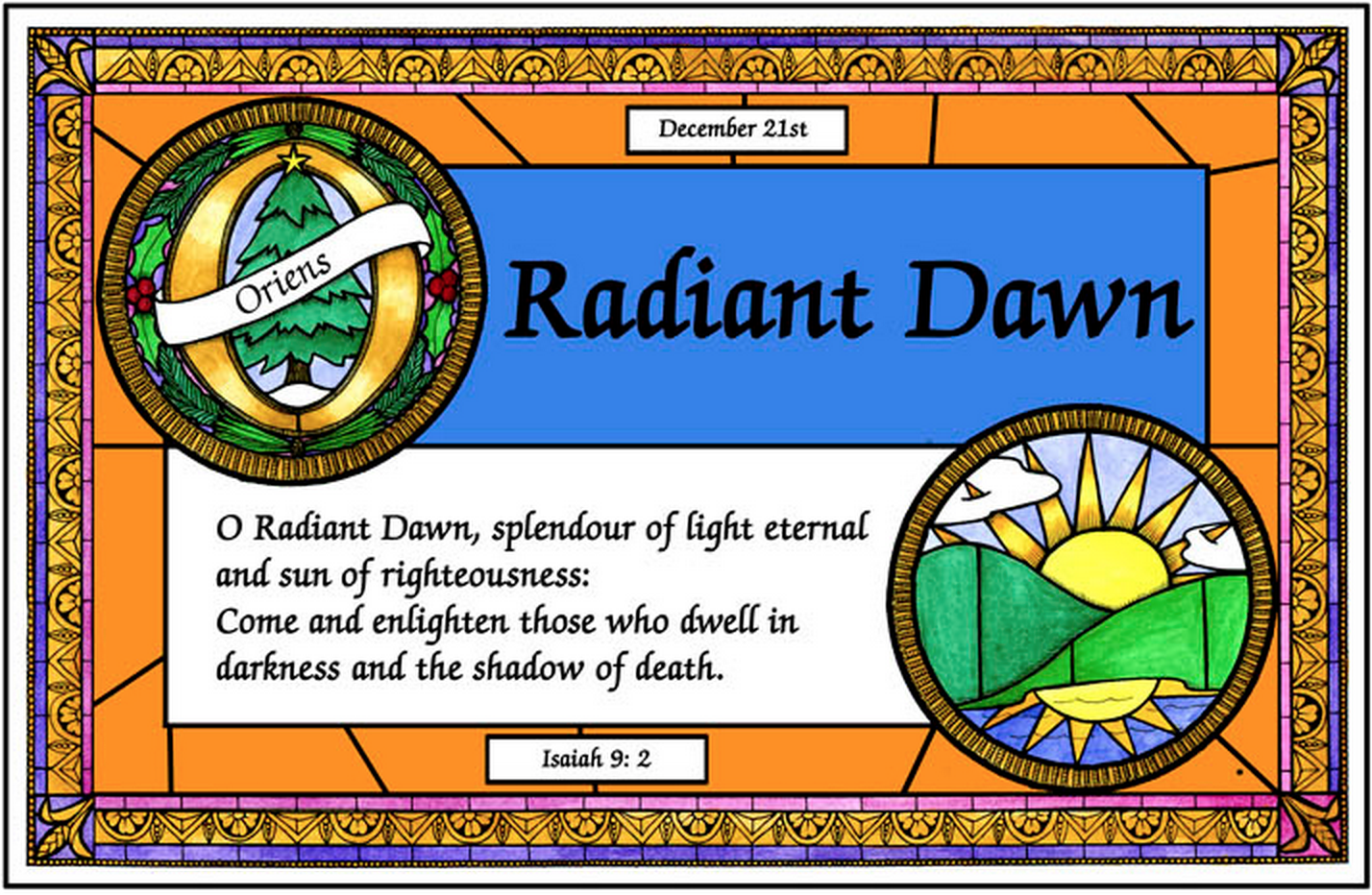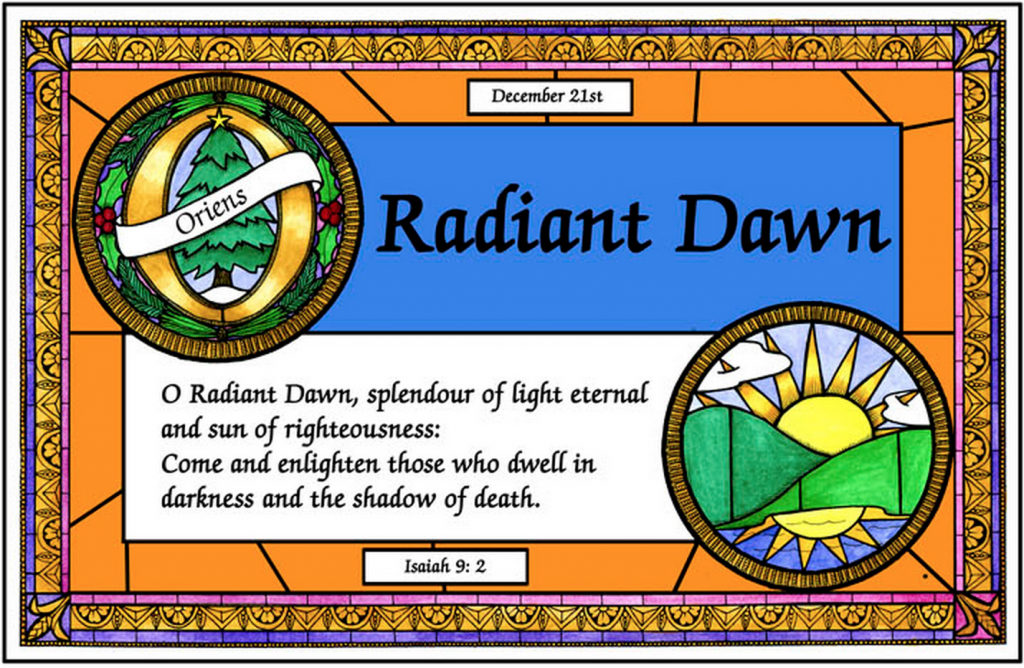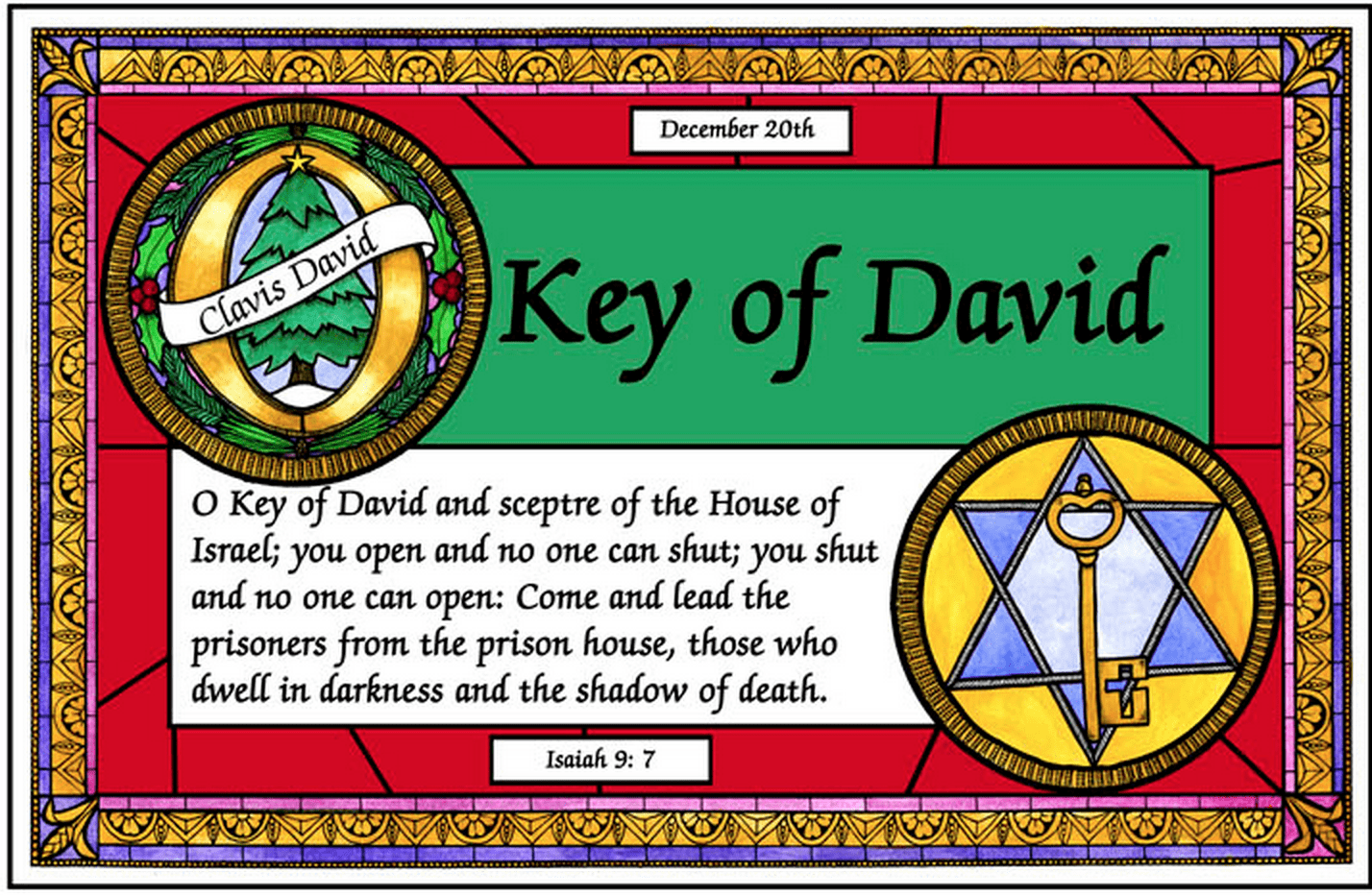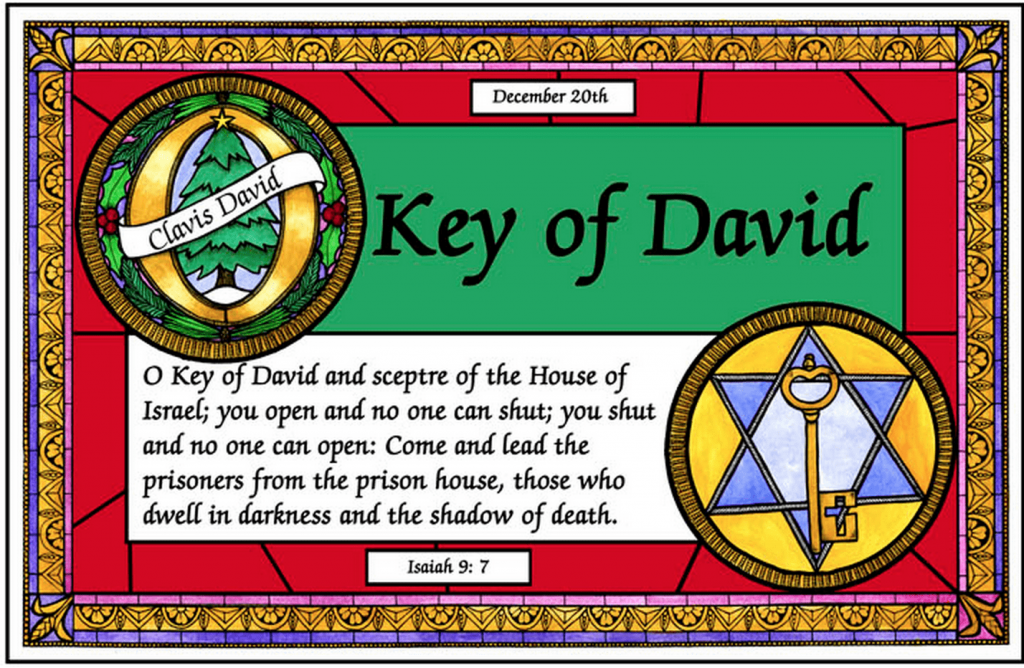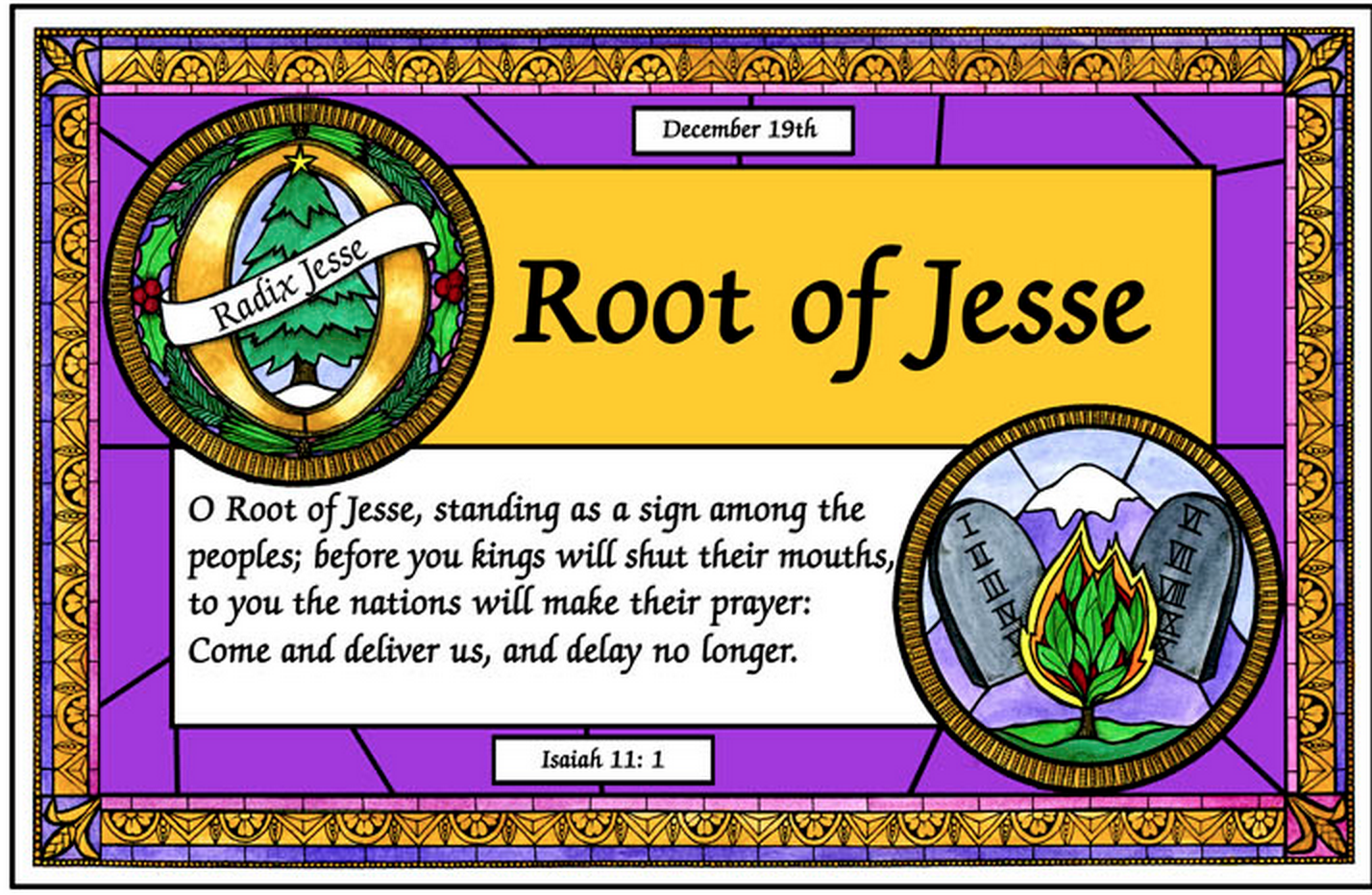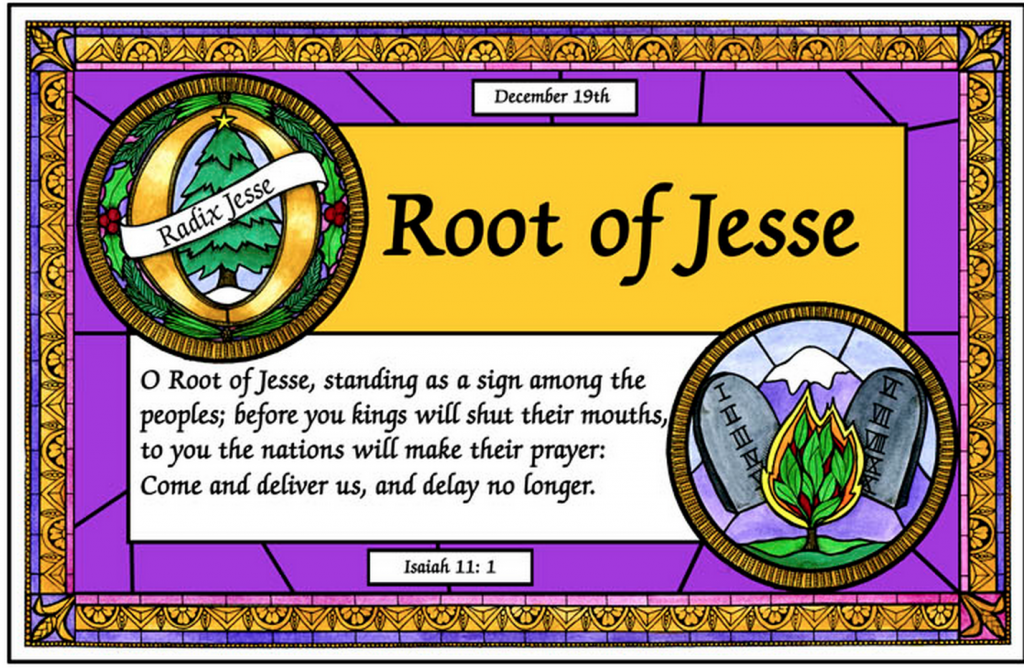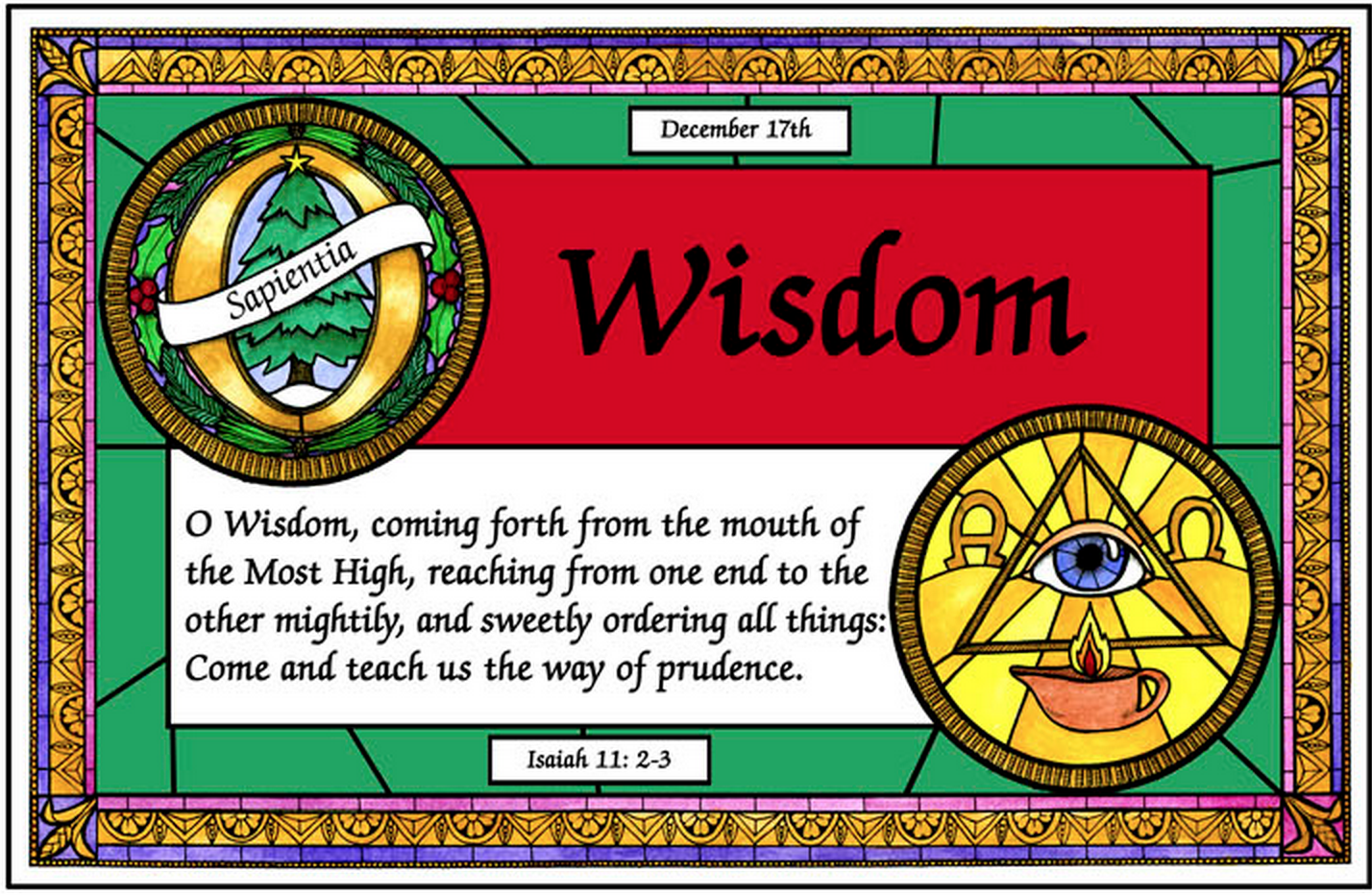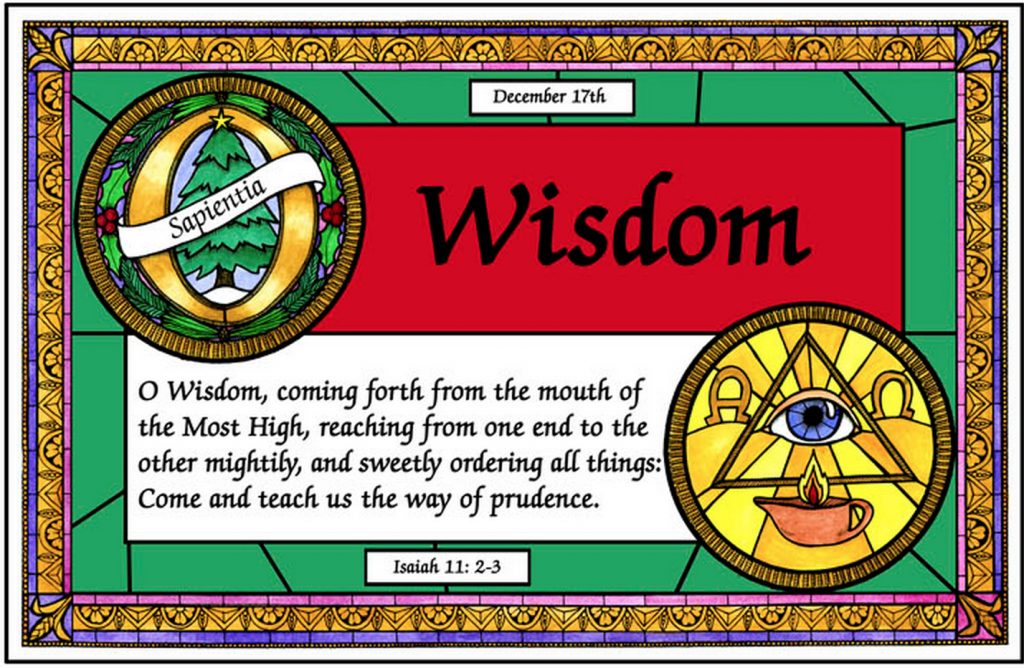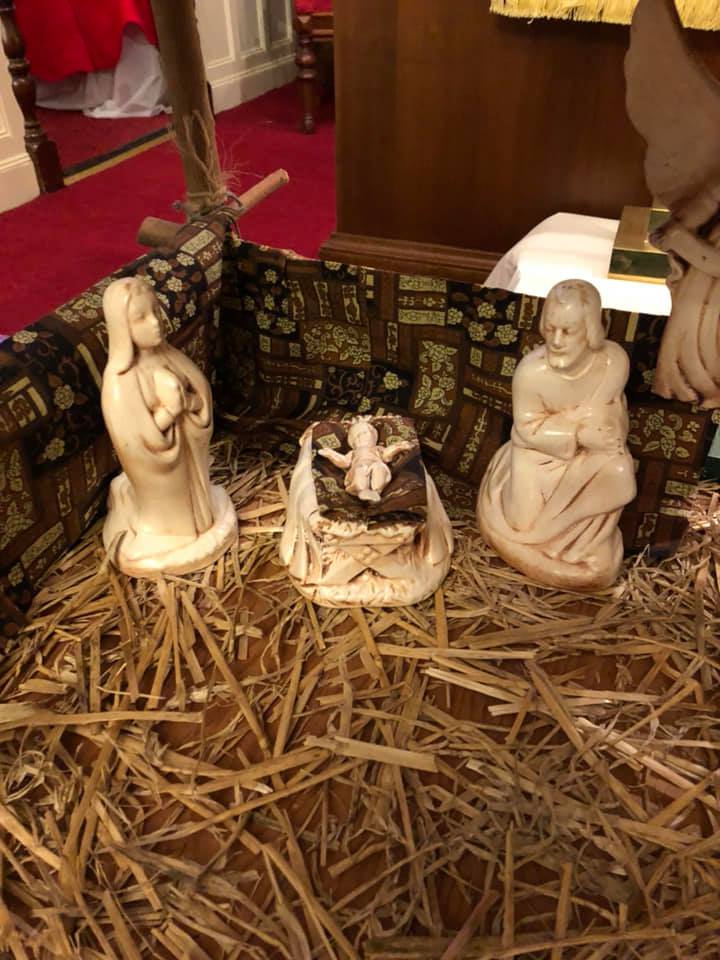
It has been said that the Christmas Eve sermon is the Super Bowl of Sermons. Ministers, of all denominations, have been worrying about this one sermon for months, writing, rewriting, editing, and all rest. There is a ton of pressure to get it right.
When preparing for “the big show” as I like to call it, I remember the immortal words my seminary professor told me, “When preparing for any sermon remember the 3 b’s, be brief, be brilliant, and be gone! I am not so sure about the brilliant bit, but I am going to try and be brief, so we can all be gone.
One of my favorite Christmas specials is Charlie Brown Christmas, I mean it ranks right up there with the Great Pumpkin. It is incredible to me how a complex theological concept as the Incarnation of Jesus Christ can be summed up in such a beautiful and simple way. The other thing I like about the story is that it pretty much sums up how we prepare for Christmas.
We see the kids all gathered to put on the school play. Charlie Brown is the director, I believe he reluctantly takes on the role, but when he does, he grabs it with both hands. But he wants it to be perfect to include the ideal Christmas tree. So he sets off in search of that tree but can only find manufactured ones, not the perfect tree like the silver ones with the color wheel that I remember from my childhood, but some metal monstrosity. Then, like magic, there it is, the Charlie Brown Christmas Tree.
Sure, it has its problems, and perhaps it has seen better days, but Charlie is optimistic that all work out, so he talks it back to the school where all the children are rehearsing for the play. Well, the tree is not all its cracked up to be, and after placing one ornament on it, it looks even worse. Charlie goes on, in a lament that would make the writer of the Psalms proud, about the real meaning of Christmas. Then Linus, with blanket on tow, comes on stage and recites to story. It ends with them all dancing, not unlike this service will finish tonight.
The point of all of this is that in the hustle and bustle of the world and preparation we forget what the true meaning of Christmas is all about. Sure, it’s about family and exchanging gifts but it has to be more than that what we are commemorating is an extraordinary act, God, the creator of the universe, becomes part of his creation to show that there is a better way and that this better way is the way of hope, peace, joy, and love.
In the first reading tonight the Prophet Isiah spoke of the light and that the people who have been walking in darkness will now see this light. We began this service tonight by lighting the final candle of the Advent Wreath. Each of the four weeks before this, we have lit one candle, each one with its own theme, hope, peace, joy, and love but tonight we lit the central candle, the one that represents Christ and is the culmination and fulfillment of all of the others. Sure, each one brings light into the world, but when brought together they all shine bright and light the way for us to follow.
It is that central light that makes all of the other lights possible for it is the light of life.
In the Charlie Brown story, Linus reminds the kids, and us watching, what the true meaning of Christmas is all about, God so loved the world that he send his only son that all who believe in him may have eternal life. This story, this Greatest Story Ever Told is a love story. We, and by we I mean us religious people, have made the story way too complicated with all the rule about who is in the club and who is out of the club. We have caused wars and a tremendous amount of suffering in this world because of what some people feel this story means. But what the story suggests is a radical sense of love and welcome so extreme that is made people nervous.
This is a story of inclusion. He was born to the poorest of the poor in one of the worst places on earth. He was turned away at every door his parents knocked on until the only place left was one where the animals lived. But even with all of that, he is the King of Kings and the Lord of Lords, the Prince of Peace and the one that brought in a radical new way to live.
This story is about hope, hope that we are not alone and even when things in our lives are at their worst, God is still with us, right beside us walking with us and sometimes carrying us.
This story is about peace, the peace that passes all understanding, the peace that comes when we realize that we are accepted by God no matter what.
This is a story about Joy, the joy that Mary felt when she sang to her cousin Elizabeth that her soul magnifies the Lord and her spear rejoices in the God who has saved her.
And this is a story about love, radical love, love that knows no class system or status, the love that God has for each one of us just the way we are. This love that summed up all the law and the prophets with his new commandment to love God and love your neighbor, yes your neighbor and not just the ones next door and your neighbor includes those who hate us and don’t love us back.
In a few moments we will turn the lights off, and the only light will be that of our Advent Wreath. From that center candle, the one representing Christ, the flame will be brought out to all of you to light your candles. As the flame passes to each of us the room will move from darkness and into light, and we will sing the song Silent Night.
The symbolic act of passing the light from one to another is in the hope that the light of Christ will never go out and that we, each of us, will take that light out into the dark world, the light of hope, peace, joy and love that this world we live in so desperately needs.
Let us pray.
On this day, Gracious Lord, you come to us as Word, as light, as flesh. Teach us to know you so well that our lives may befriend this world you have made, in the name of the Holy Trinity: Father, Son, and Holy Spirit, one God, now and forever. Amen.


